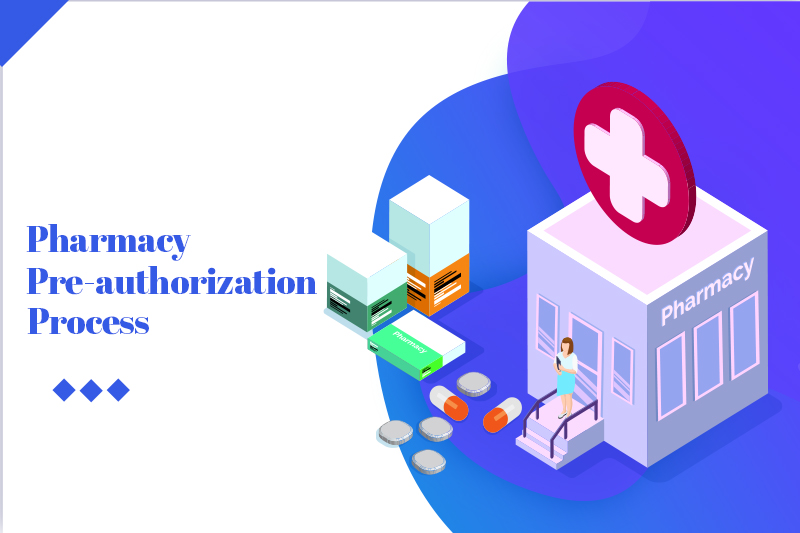Years of Experience
Experienced Resources
Satisfied Clients
Pharmacy Authorizations – Get the Approvals You Need Faster
Insurance companies usually require prior authorizations for medications that:
- have hazardous side effects
- are harmful when combined with other drugs
- are used only to treat certain health conditions
- are often misused or abused
- are prescribed to treat a non-life threatening medical condition, and
- are prescribed when less expensive drugs might be available
Get Speedy Approvals for High-Value Claims
- Provides pharmacy prior authorization services for all specialties.
- Works with all government and private insurances.
- Confirms drug coverage, copays, deductibles, and other plan details in advance of the patient visit.
- Helps you submit documentation that meet payer criteria and medical necessity along with pre-auth requests.
- Works to obtain speedy approvals for high-value claims, improving patient care as well as your cash flow.
Save Time and Focus on Your Patients
Our support helps you stay ahead of the curve, keeps your practice’s overall preauthorization process on track, and minimizes delays. Importantly, you can focus your time, effort and resources on patient care instead of prior auth paperwork and appeals.
Why Outsource Prior Authorizations to OSI?
Real-time verification via calls
Open communication
Our prior authorization specialists have robust relationships with payer representatives. They can provide clarifications in any issues arise and help you navigate the authorization process efficiently.
Expertise
We serve all 50 states
Our Pharmacy Prior Authorization Process
1
Identifying the drug that needs prior approval
Collecting documentation
Evaluating payer-specific requirements
Preparing the request
Submitting the request to the payer
The completed prior authorization form and documentation is submitted electronically to the insurance plan. The payer then reviews the request to assess whether it meets their coverage guidelines.
Benefits of Partnering with OSI
- Dedicated team
- Multi-level QA checks
- Proactive monitoring
- Timely reporting based on your needs
- Cost savings of 30-40%
- HIPAA-compliance

How Our Insurance Verification and Prior Authorization Services are Priced
Full-Time Equivalent
In this model, you will be charged a fixed monthly or annual fee based on the number of full-time equivalent staff required to manage your practice’s AR follow-up activities.
FAQs
What is pharmacy prior authorization?
What information is typically required for a prior authorization request?
How long does the prior authorization process generally take?
Response times can vary widely among insurance plans, but generally range from 24-72 hours for expedited requests up to 14 days for standard prior authorization submissions.
How do you handle prior authorization denials?
Why do health insurance companies require pharmacy prior authorization?
What types of drugs require PA?
- Brand name medicines that are available in a generic form
- Expensive medicines, such as those needed for psoriasis or rheumatoid arthritis
- Drugs used for cosmetic reasons such as medications used to treat facial wrinkling
- Drugs prescribed to treat a non-life-threatening medical condition
- Drugs not usually covered by the insurance company, but said to be medically necessary by the prescriber
- Drugs usually covered by the insurance company but are being used at doses higher than normal
Blue Cross Blue Shield requires prior authorization for those drugs that:
- have dangerous side effects
- are harmful when combined with other drugs
- should be used only for certain health conditions
- are often misused or abused
- are prescribed when less expensive drugs might work better








